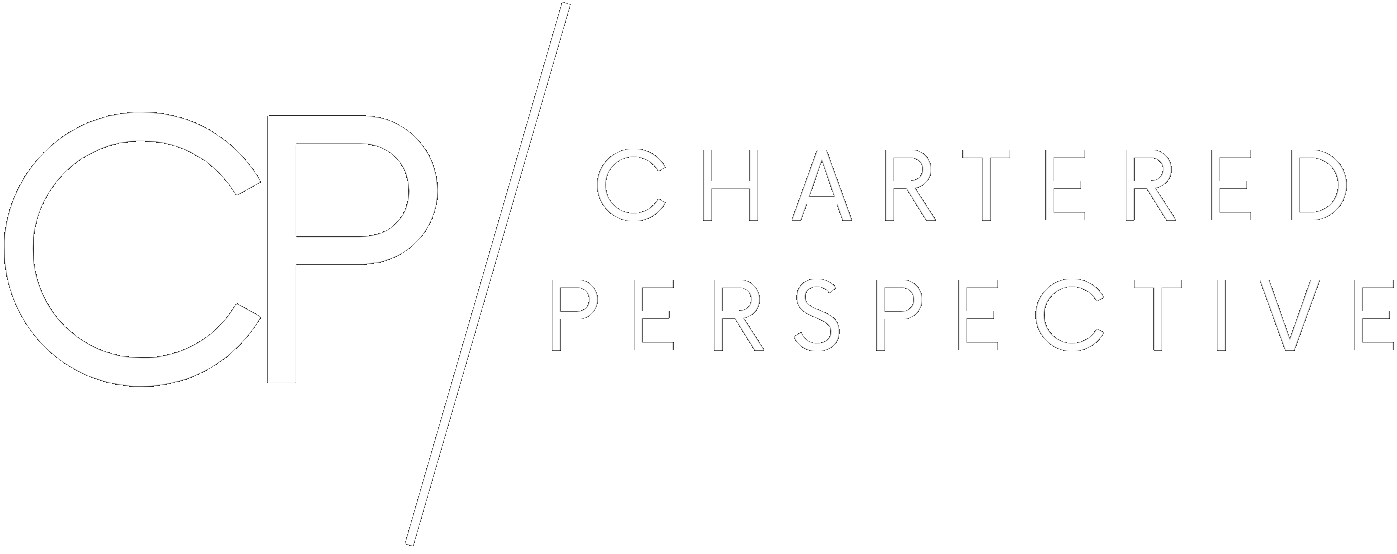CPAs in Canada: Recession Resilience
The Email: Continuity for CPA Students in
As interest rates rise and GDP contracts in Canada, it seems more and more likely that the country will fall into a recession (if it has not already done so). If you’re concerned about your job during these upcoming turbulent economic times, you’re certainly not alone. Naturally, some jobs or professions are more recession-proof than others, and this applies to CPAs in Canada as well. Given the wide variety of jobs held by Canadian CPAs, it is difficult to answer the question of how recession-proof a CPA is. There are a variety of lenses to analyze this from as discussed below:
Essential Functions
As a broad rule of thumb, CPAs tend to work in accounting and finance roles. Many of these roles need to be filled and the work performed regardless of the current economic backdrop. For example, functions such as compliance and reporting need to be completed whether an economy or company is doing well or poorly. Arguably, financial reporting is even more important during an economic downturn as costs are closely scrutinized in order to look for savings to help bolster profits. Similarly, compliance is often a legal requirement, therefore it is unavoidable even if companies would love to cut the costs associated with remaining compliant with applicable rules and regulations.
On the other hand, roles that are more discretionary in nature tend to be impacted more heavily by recessions. For example, a CPA employed in a Corporate Development (M&A) role may find themselves out of a job if a company isn’t performing well enough to generate excess cash in order to finance an acquisition. If there are no projects in the near horizon and a company is looking to save costs, that is the type of role that can be eliminated with little impact to the core business.
Generally speaking, the more essential the function you perform is, the more recession-proof it is.
Diversification of Services and Clients
The term “well diversified portfolio” is thrown around a lot in finance but this applies to your job as well. If your job entails working across several different types of services or and clients or industries, the odds are on your side that your job will be less impacted by a recession due to the simple fact that if one stream of revenue is lost (whether that be a service or a client), the odds that all of them are impacted is slim. On the other hand, if you specialize in a niche service or market, and that particular market is facing an economic downturn, your entire source of income is at jeopardy of being lost. It would not be inappropriate to consider future employment opportunities or endeavors through a traditional finance lens (after all, this is a CPA and CFA based website), wherein one considers the systematic and idiosyncratic risk of an opportunity much like one would assess these characteristics in an equity or other investment. Human capital should not be treated inherently differently from any other asset class in your overall portfolio, but that’s a discussion for a future blog post.
Boom or Bust: A Trade-Off
One of the fundamental teachings of traditional finance is the relationship between risk and reward. This fundamental often extends beyond just investing and into other real-world applications such as jobs or career paths. As discussed above, essential functions are often more recession-proof than those that are not. A job or career being recession-proof is inherently less risky to the person performing the role. After all, imagine if a candidate was deciding between roles and had two options with similar compensation and trajectory – all else equal, the option with a lower risk of a future layoff should be chosen 100% of the time. The value of this lower-risk role can even be quantified to an extent if one is able to accurately estimate the incremental risk of layoffs in the competing role in order to estimate lost income.
This is why it is important to understand the trade-off between risk and reward when considering career paths. Often, functions such as compliance and reporting don’t seem “sexy” or don’t necessarily seem to be the highest-paying careers in existence. While there are no guarantees in life, it is important to keep in mind that perhaps certain roles seem to pay less but offset this with lesser risk in an economic downturn. On the other hand, higher-paying roles tend to be lucrative when things are going well but are often first to see cuts when economic activity slows down. As Human Capital is a large chunk of one’s overall portfolio, especially for young professionals, it is encouraged not to lose track of where your role falls on the risk spectrum. A Canadian CPA designation opens the door to a broad variety of career paths with various trade-offs, allowing members to pursue a career path which aligns with their personal values and risk tolerance.



